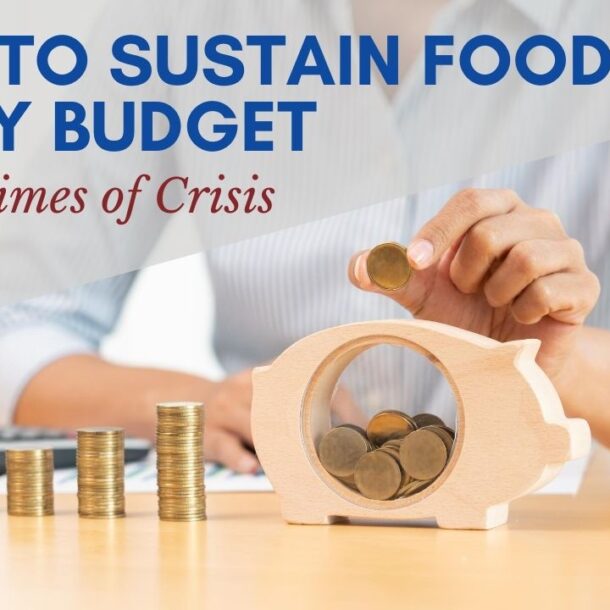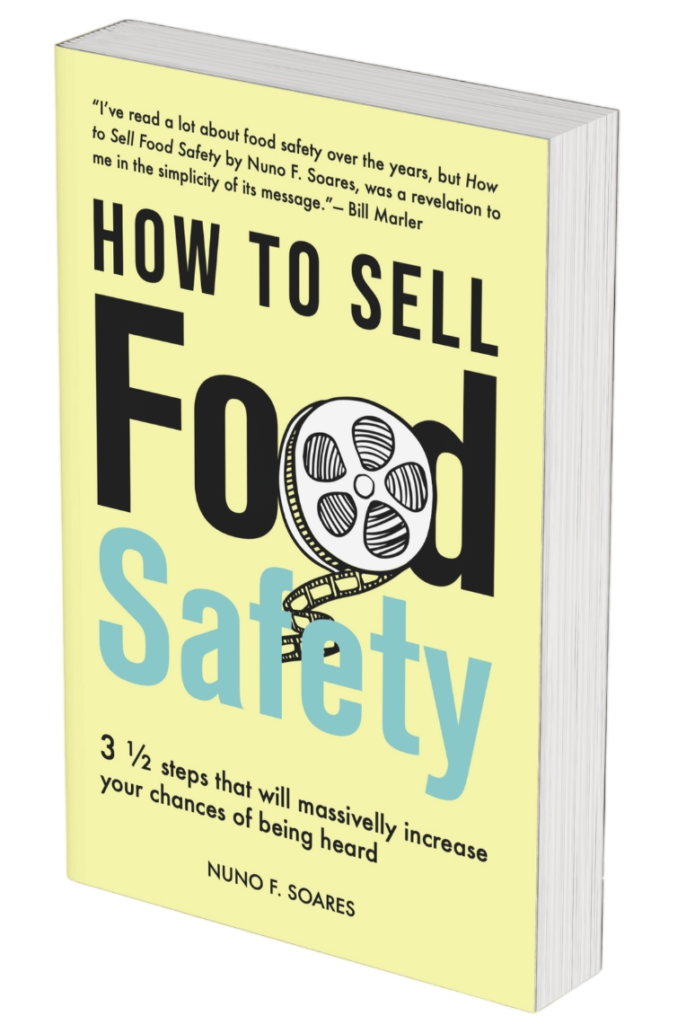
Many businesses see technical risk management as a cost to the business. However, consider the scenario of food fraud destroying trust, sales and profitability of your business.
Why is fraud such a hot topic in the food and petfood industries? I would say because everyone knows that it exists (we just don’t know the extent of the problem) and no one knows how to stop it.
It is very common when writing about food fraud to say food fraud exists ever since Ancient Greek and Roman times with the adulteration of food and wine. That may be true, but the impact and reach of fraud in modern society is enormous, in terms of financial cost and in loss of consumer trust.

With Industrial Revolution, of the 18th and 19th century, goods started to be produced in big centralized facilities and then transported to clients. The distance between producers and consumers increased and with this trust and close relationships decreased. In the food industry this commercial practice increased after the 2nd World War as society benefited from improved transportation facilities and also from the use of relatively new technology like refrigerated transport.
In modern society the complexity of the supply chain is commonly referred as one of the major contributors to make food fraud difficult to tackle. This is completely true as one product may contain ingredients from all over the globe. But we should not disregard a common mindset particularly observed after the 1980’s where organizations are more focused on their short term (e. g. quarterly results) then in the long run. Pressure to produce results, to increase sales, to beat the market expectations may be catalysts of fraud behaviours.
As we can’t undo the Industrial Revolution or Globalisation maybe we should focus on working on the mindset of people, especially owners and managers of the food industry? We can help avoid damaging our businesses and consumer trust in the food and petfood supply chain by changing the mindset to promote behaviours more aligned with long turn sustainability of the business and less on short term “quick wins” where the probability of food fraud occurring might be greater, as business risks are taken.








